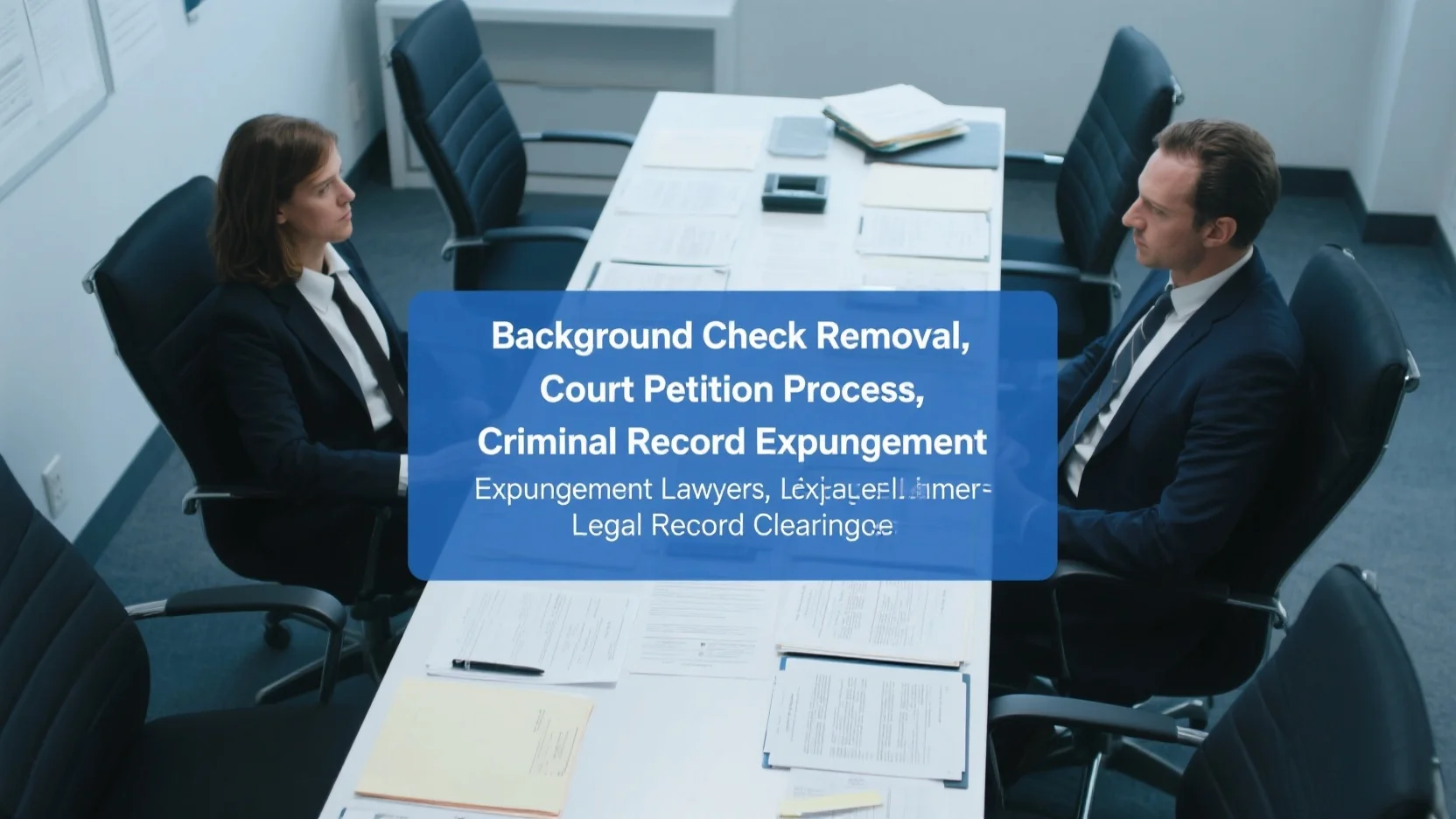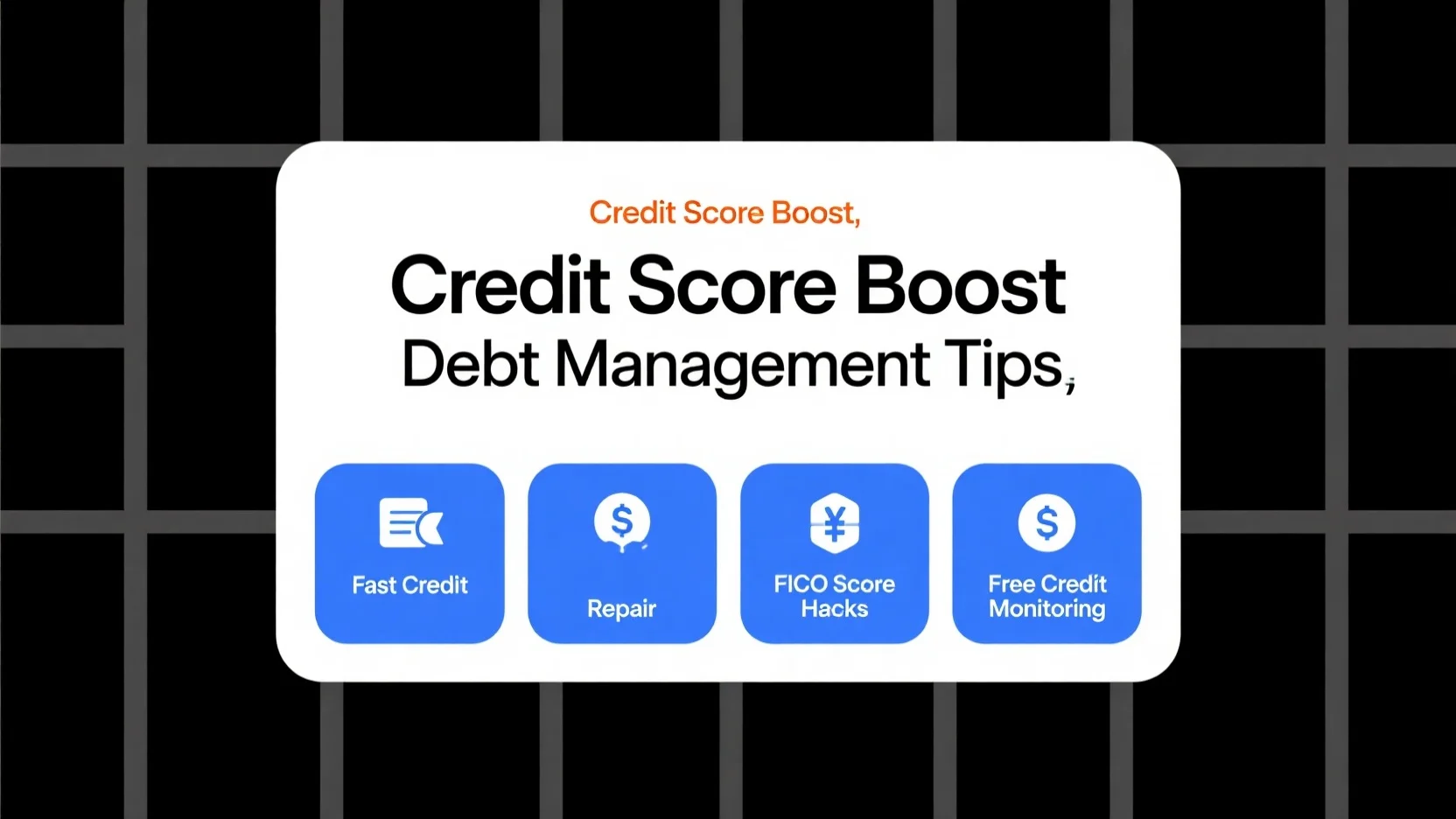Image Source: pexels
Expungement is a legal way to erase or hide your criminal record, which is crucial when considering How to Expunge a Criminal Record: Legal Steps and Costs. This process gives you a new chance in life and can change your life in many positive ways. For example, people in Michigan with cleared records find jobs easier and earn more money.
| Benefit | Evidence |
|---|---|
| Better Job Chances | People with cleared records in Michigan got jobs more often. |
| Higher Earnings | Those with cleared records made at least $100 more weekly. |
| Fewer Rearrests | Only 6% of people with cleared records were rearrested in five years. |
| Fewer Re-convictions | Even fewer people with cleared records were convicted again, showing they are low-risk. |
Expungement also helps with housing and job chances:
- You can honestly say you have no convictions on job forms.
- Landlords are more likely to rent to you.
- Jobs that seemed impossible before may now be available.
So, how do you clear a criminal record? By taking the right legal steps, as outlined in How to Expunge a Criminal Record: Legal Steps and Costs, you can take back control of your future.
Key Takeaways
- Clearing your record can help you get better jobs and pay. People with cleared records often find work faster and earn more money.
- To clear your record, follow these steps: get your criminal record, see if you qualify, fill out forms, and go to court.
- The cost to clear a record depends on your state. It may include filing fees, lawyer fees, and other costs. Planning ahead can help you handle these expenses.
Who Can Get Their Record Expunged?
The first step to clearing your record is knowing if you qualify. Each state has its own rules, but some general tips can help.

What Records Can Be Cleared?
Some types of criminal records are easier to clear. These include:
- Non-violent crimes like small offenses or minor mistakes.
- First-time crimes, especially if you’ve behaved well since then.
- Arrests where no conviction happened.
If your record fits one of these, you might qualify. Always check your specific case to be sure.
Records That Can’t Be Cleared
Not all records can be erased. Some examples include:
- Serious crimes like assault or armed robbery.
- Crimes involving sexual acts, especially with minors.
- Repeated crimes or cases with many convictions.
These rules are in place to keep people safe. If your record includes these, you may need other legal options.
Rules in Different States
Expungement laws are different in every state. Some states allow it under certain conditions, while others have stricter rules or don’t allow it at all. For example:
- In California, you might qualify if you finished probation.
- In Texas, only certain arrests or dropped charges can be cleared.
- New York focuses more on sealing records than erasing them.
You need to learn your state’s rules to know your choices. Talking to a lawyer can also help you understand the process and improve your chances.
Learning these rules is important. It helps you follow the steps in "How to Expunge a Criminal Record: Legal Steps and Costs" and take charge of your future.
Step-by-Step Process to Expunge a Criminal Record
Get Your Criminal Record
Start by getting a full copy of your record. This shows all charges or convictions you have. Contact the police or the court where your case happened. Use this document to see what might qualify for expungement.
Tip: Check if your record has federal charges. Clearing federal records, like those in FBI files, needs extra steps.
Check If You Qualify
After getting your record, find out if you are eligible. Look up your state’s expungement rules to learn the requirements. Some states allow clearing first-time or non-violent crimes. Others have stricter rules. A lawyer can help explain and improve your chances.
Many think only innocent people can clear records. But some convictions, like drug offenses, may qualify based on your state.
Complete the Paperwork
If you qualify, fill out the needed forms and submit them. This usually includes an expungement petition and paying fees. Make sure everything is correct and on time. Mistakes or delays can slow the process.
Note: Let people like the district attorney know about your expungement request. This step is very important.
Attend a Court Hearing
After filing, you might need to go to court. At the hearing, explain why you deserve a fresh start. Share how clearing your record will help your life. The judge will decide if your request is approved.
Confirm the Results
If approved, your record will be sealed or erased, depending on your state. Check that all databases show the changes. This is key for better job, housing, and school opportunities.
Reminder: Expungement doesn’t update all records automatically. Contact agencies like the FBI to confirm federal records are cleared.
By following these steps, you can complete the process in "How to Expunge a Criminal Record: Legal Steps and Costs" and improve your future.
Costs Involved in the Expungement Process
Knowing the costs to clear your criminal record is important. Costs can differ by state, but here’s what you might face.
Filing Fees and Court Costs
You’ll likely need to pay filing fees and court costs. These depend on where you live and your case. Some states have set fees, making it easier to plan. For example, Tennessee lowered its fee from $450 to $280. Other states may charge more or less.
Tip: Visit your local court’s website or call them to check fees.
Attorney Fees
Hiring a lawyer can make the process easier but costs money. Lawyer fees depend on several things:
| Factor | What It Means |
|---|---|
| Case Complexity | Simple cases cost less than ones with many charges. |
| Attorney Experience | Skilled lawyers may charge more but often get better results. |
| Location | Lawyers in big cities usually charge higher fees. |
| Billing Structure | Some lawyers charge a flat fee, while others bill hourly. |
You don’t have to hire a lawyer, but they can save you time and effort.
Additional Expenses
There are other costs you might need to pay:
- Processing Fees: For tasks done by law enforcement.
- Document Fees: To get court or police records.
- Mailing Costs: Certified mail may be needed for sending forms.
- Travel Expenses: If you must attend court or meetings.
These costs can add up, so plan ahead. Knowing these expenses helps you prepare for the steps in "How to Expunge a Criminal Record: Legal Steps and Costs.
Timeline for the Expungement Process
Knowing how long expungement takes helps you plan better. The time needed can change depending on your state. Here’s a simple guide to what usually happens.
Getting Documents Ready
The first step is preparing your documents. This means collecting your criminal record, checking if you qualify, and filling out forms. The timeline often looks like this:
-
Checking Eligibility and Filing Forms (1-3 months):
- It may take weeks to months to check if you qualify.
- Filing your forms usually takes another 1-2 months.
-
Court Review and Hearing (3-6 months):
- Courts might need weeks or months to review your case.
- Hearings are often set within 1-3 months after filing.
-
Judge’s Decision and Record Changes (1-3 months):
- Judges may decide right away or take a few weeks.
- Updating records can take another 1-2 months.
Tip: Start early and stay organized to avoid problems.
Time in Court
How busy the court is and where you live affects timing. Most expungements take 6 to 12 months to finish. Complicated cases or missing papers can make it take longer.
- Some courts work faster, but others may be slower due to many cases.
- You can help by making sure your forms are correct and complete.
Reminder: Be patient. Courts handle many cases, so delays happen.
Updating Records
Even after approval, your record isn’t cleared right away. Police and background check companies need time to update their systems. This usually takes 1-2 months.
- Check with agencies to make sure your record is updated.
- Keep a copy of your court order as proof during this time.
Note: Federal records may need extra steps to update.
By knowing these timelines, you can stay on track and plan for your future.
Clearing your criminal record can change your life. Here’s a summary:
- Eligibility depends on things like your conviction type, finishing your sentence, and staying out of trouble.
- Steps include getting your record, checking if you qualify, filling forms, and going to court.
- Costs may include court fees, lawyer fees, and extra costs like getting documents or mailing forms.
- Timelines usually take 6 to 12 months, based on your case and location.
A lawyer can make this process easier. They ensure your forms are correct and help build a strong case.
Start today to take charge of your future. Clearing your record can lead to better jobs, housing, and peace of mind.
FAQ
What if my expungement request is denied?
You can try again later or appeal the decision. Fix mistakes in your forms and check if you qualify.
Do I need a lawyer to clear my record?
No, but a lawyer can help a lot. They make sure your forms are right and guide you through tough legal steps.
Does expungement erase my record everywhere?
Not always. Some private databases might still show it. Contact agencies to check updates and keep your court order as proof.





